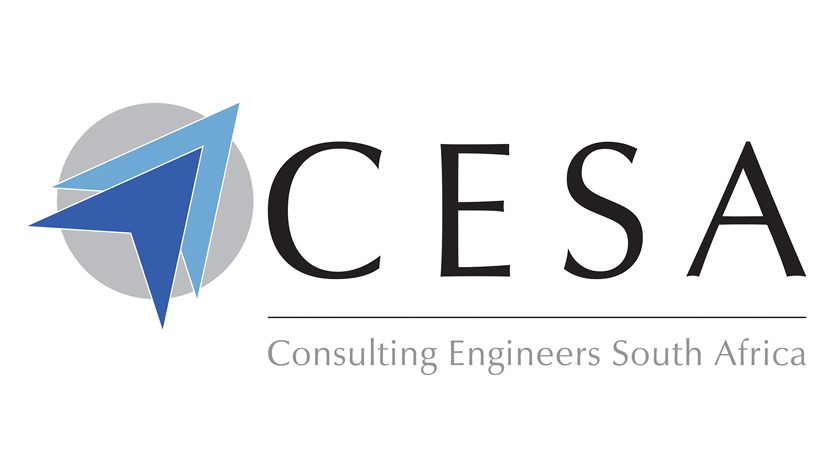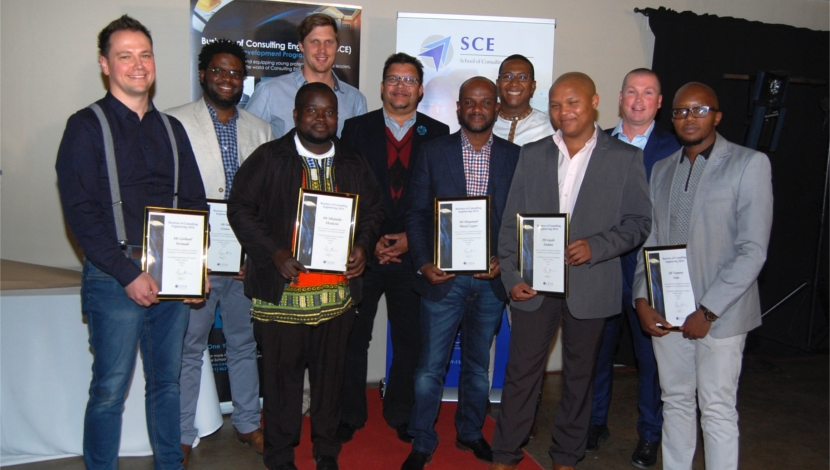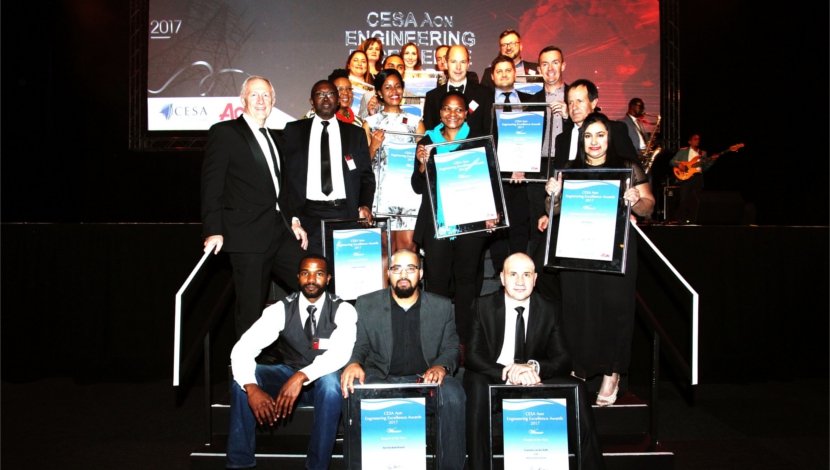

Consulting Engineers South Africa (Cesa) has committed to transforming its membership and the industry as a whole.
The industry body has established a transformation committee to develop proposed interventions to drive real and sustainable transformation in the industry.
The committee will also develop a transformation action plan, putting building blocks in place to unlock growth and transformation in the engineering and consultingengineering sectors.
“Although significant strides have been made by government to transform society, South Africa is still facing many obstacles more than 20 years after democracy,” Cesa president Lynne Pretorius said while presenting Cesa’s 2017 strategic intent at a conference in Midrand, on Thursday.
Cesa will also help members understand that transformation is an ongoing process, facilitate sustainable broad-based black economic empowerment (BBBEE) practices and promote the practice through members’ professional and business activities.
Pretorius said Cesa will embark on various programmes to deal with challenges surrounding transformation, which will entail setting clearly defined transformation goals, projects and programmes, to enable successful implementation.
She highlighted that women in the industry still face many barriers and that plans need to be put in place to overcome the obstacles women face.
In addition, she said: “Within Cesa’s membership base only 122 of the 533 firms are more than 51% black-owned; women remain in the minority; and 53% of staff and 84% of professional engineers across the membership are white,” she explained.
Transformation of the consultingengineering profession is also being hindered by the limited number of learners competent in science and maths leaving the school system.”
Cesa’s interventions to drive real and sustainable transformation will include developing a pipeline of engineering professionals over the long term by identifying and supporting learners with a technical aptitude at secondary school level.
It will also consolidate efforts to create and implement a process for supporting tertiary engineering students and mentor graduate engineering staff in the workplace to develop the skills and competencies required for professional registration.
“We need to ensure we have a transformed profession and membership,” she said.





